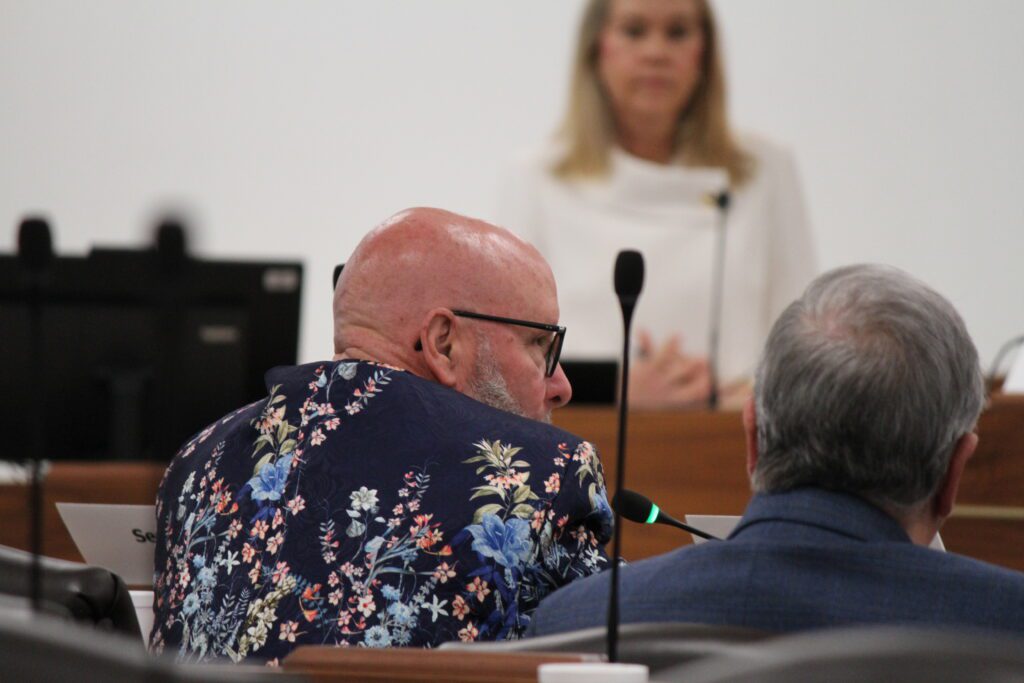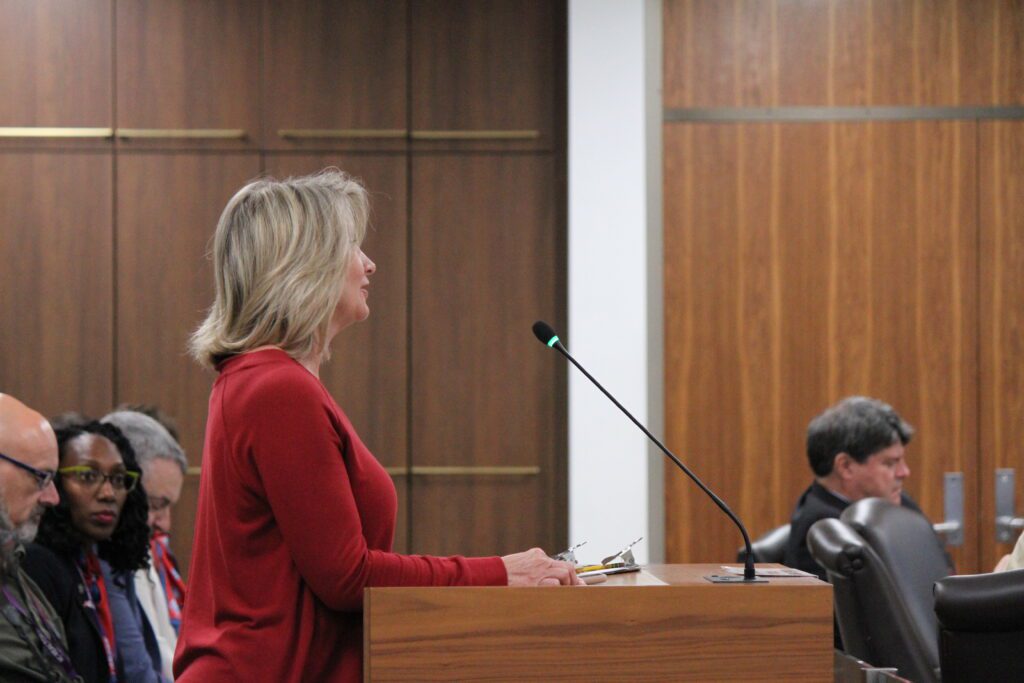A bill focused on giving school districts more calendar flexibility passed the Senate education committee Wednesday.
Legislators and members of the community had mixed reactions to Senate Bill 754, with some of the senators expressing concerns for the tourism industry.
Under current law, public school districts are not allowed to start the instructional year earlier than the Monday closest to Aug. 26 and end any later than the Friday closest to June 11 — with the exception of year-round schools. Districts can apply for an exception to the end date if they had to close school due to weather or any other emergencies.
Senate Pro Tempore Phil Berger, R-Rockingham, is one of the primary sponsors of the bills, which marks a shift from recent years. Bills to address calendar flexibility often pop up in the House but aren’t able to make it through the Senate. This session’s bill comes after multiple school districts violated the calendar law last year.
At Wednesday’s committee meeting, Sen. Amy Galey, R-Alamance, said that many districts have found that updates can be made to the law, which was originally passed in 2004.
“Not only can it be adapted to better suit the students in the school districts, but also adapted for the industries that we rely on (for) their tax revenue in order to support the schools,” Galey said.
The bill proposes a second option — school boards can decide that their district will start the Monday closest to Aug. 19 and end the year no later than “the Friday immediately preceding the last Monday in May,” meaning Memorial Day weekend.
Districts that take the second option also have to have an equal number of instructional days in their fall and spring semesters.
Notably, the proposal also adds enforcement mechanisms and a penalty for districts who violate the law. According to the bill, the State Board of Education would be responsible for ensuring the local school boards comply with the law, and school districts that violate the calendar law risk the Department of Public Instruction withholding their central office administrative allotment and a $10,000 civil judgement against them.
While presenting the bill to the committee, Galey said that 25% of the state’s 116 public school districts were found to not be in compliance with the current law.
Galey said that the benefit of introducing the second option is that it gives school districts the ability to have final exams in December before holiday break. She said this will help students get higher test scores since they will not “lose” any knowledge over break, and high school students who finish their requirements in December can transition into college courses full time during the next semester.
Galey said the school calendar law can be a point of contention between tourism industry advocates and education advocates.
“I disagree with that. I think that we can have economic development and we can have academic achievement at the same time,” Galey said.
Sen. Bobby Hanig, R-Bertie, said that allowing schools to open earlier does not just hurt travel and tourism industries, but it hurts the families that work there.
“If you close that business two weeks early, they won’t be in business,” Hanig said.

For Sen. Gladys Robinson, D-Guilford, an even earlier start date is needed to promote academic achievement and student proficiency. Robinson said that her district would like the option to have a start date closest to Aug. 11. Because many summer camps close during the first couple of weeks of August, Robinson said parents can struggle to find child care until the school year starts again.
“So then those kids aren’t hanging out somewhere as opposed to being in a secured environment,” Robinson said.
Many speakers during the public comment period expressed support for the bill.
John McPherson, a representative from NC Realtors who played a role in advocating for the current law, said the bill would be a “reasonable compromise.”
Paula Rakestraw, chair of the Rockingham County School Board, said having calendar flexibility would allow their district to have a three-week holiday break while still having enough time in the classroom.
“I am very pleased with the introduction of this bill and hopefully for the approval as well, because we need this flexibility. It gives us the ample flexibility to be able to provide the adequate classroom time for our students as well as getting those exams in prior to the holiday break, which is very important for our students and for our families,” Rakestraw said.

The legislators passed the bill with a favorable report onto the Senate Judiciary committee. It will have to eventually pass the full Senate and House before it can become law.
“I’m old enough to remember when I first came here one of the rules was ‘Don’t do a school calendar bill,’ and ‘it isn’t going to happen,’” Sen. Buck Newton, R- Greene said. “But times do change. It’s been 20 years, and I remember when school didn’t get in until after Labor Day because people were cropping tobacco and working in the fields. Times have changed.”





